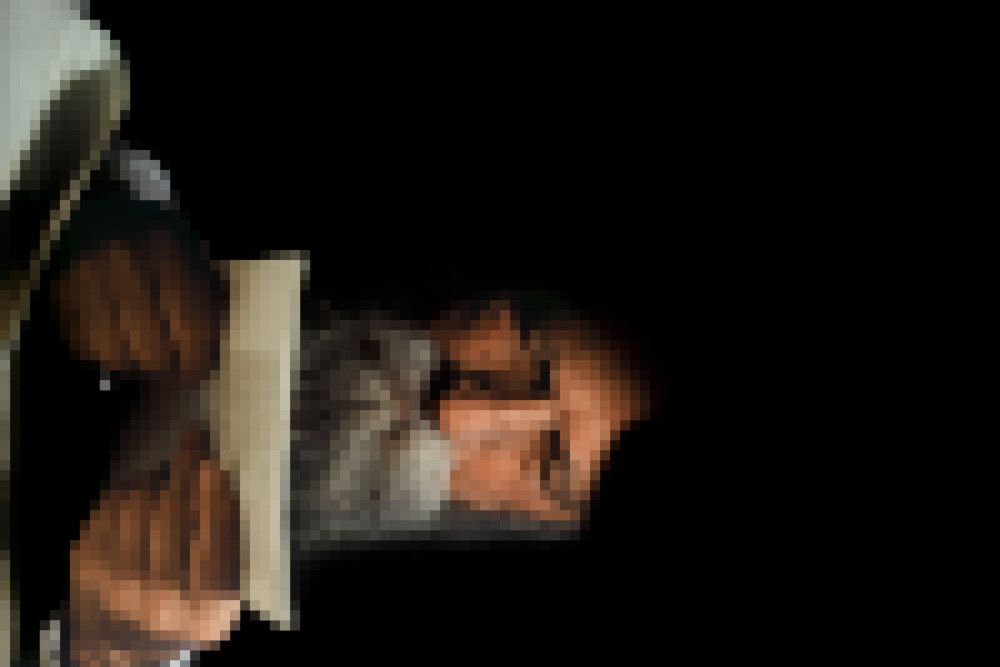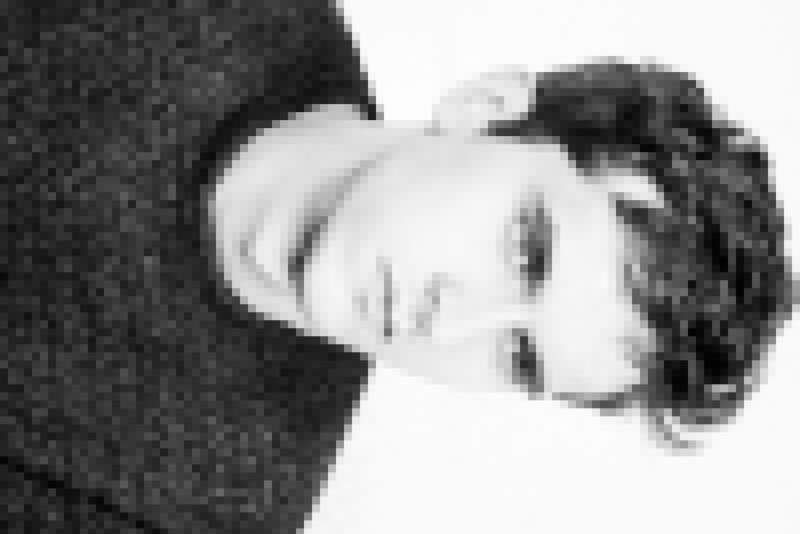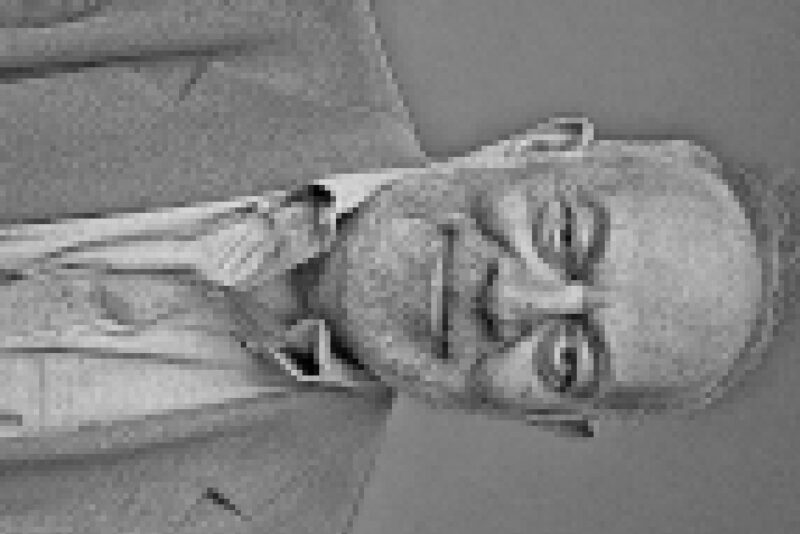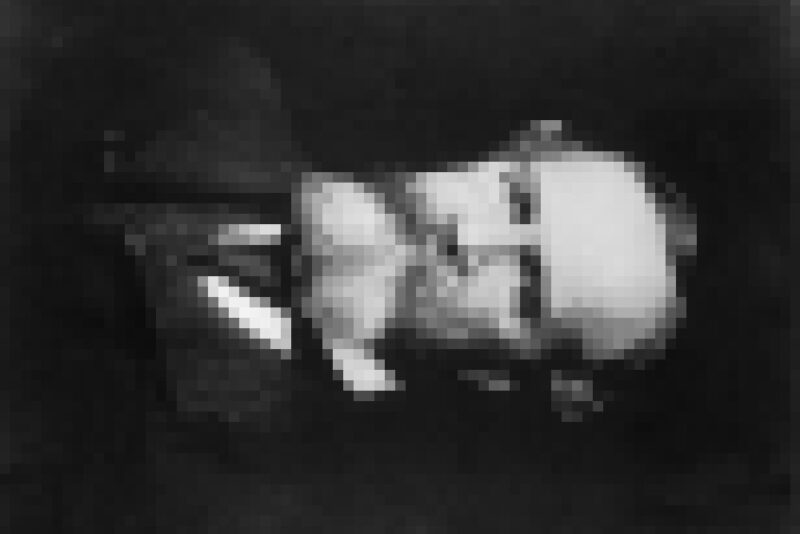on i and thou, by martin buber
October 15, 2020
With his esoteric but unelaborate contemplation, Martin Buber’s I and Thou radically shifted the groundwork of my psycho-spiritual experience. Buber uses two conceptual relations as an analogy for our engagement with the world: the I-It and the I-Thou.
The I-It relationship exists at the explicable level. This relationship understands phenomena presented to us as utterly separate from ourselves, discrete. The It can be reduced to an explicit framework for understanding. The It is exploited for use or experience through the simple act of objectification. This is something like the vulgar scientific disposition. I say vulgar, because the best science is not driven by an inclination to reduce, but to discover. Properly directed, the scientific spirit responds to the call which insists from the center of our mysterious state of affairs. The proper scientist does not sever themself from it, but enters into living relation with the world. This is something closer to the I-Thou.
The I-Thou relationship reflects a person’s most basic term of engagement. We see ourselves as manifested from a state of affairs which is concealed to us but always lies immediately before us. We observe this in both the world and persons, granting to all experience the same enigma we grant to ourselves.
Unless we don’t grant ourselves this depth. This is Buber’s most important insight: the I of the I-It and the I of the I-Thou are different. To put it obtusely, there are only It-It and Thou-Thou relationship. I live at the depth at which I perceive the world to be. No deeper, and no shallower.
To express the idea in an everyday setting: when I see It, I look at, but when I see Thou I look through. This is my own reading of Buber alongside Emmanuel Levinas’ work on the ethics of “the other.” The face of another person is the quintessential material of the spiritual experience. In conversation, in romance, in child-rearing the face is never looked at, but looked through. The face is an icon of the subject, something brutally real and yet, merely representative. The person cannot be reduced to the face. They lie behind it. The spiritual disposition of I-Thou carries one’s gaze through the face, the deeper impenetrable reality of their existence. And in this same motion, in a kind of double movement, we also perceive ourselves through others, our gaze is reflexively turned back upon the riddle at the center of it all.
When I engage the world as Thou—”you”—and not It, I cross the threshold of the riddle of the world. Here, I enter into a living relationship with the mysterious, albeit somewhat callous, state of affairs in which we find ourselves.




